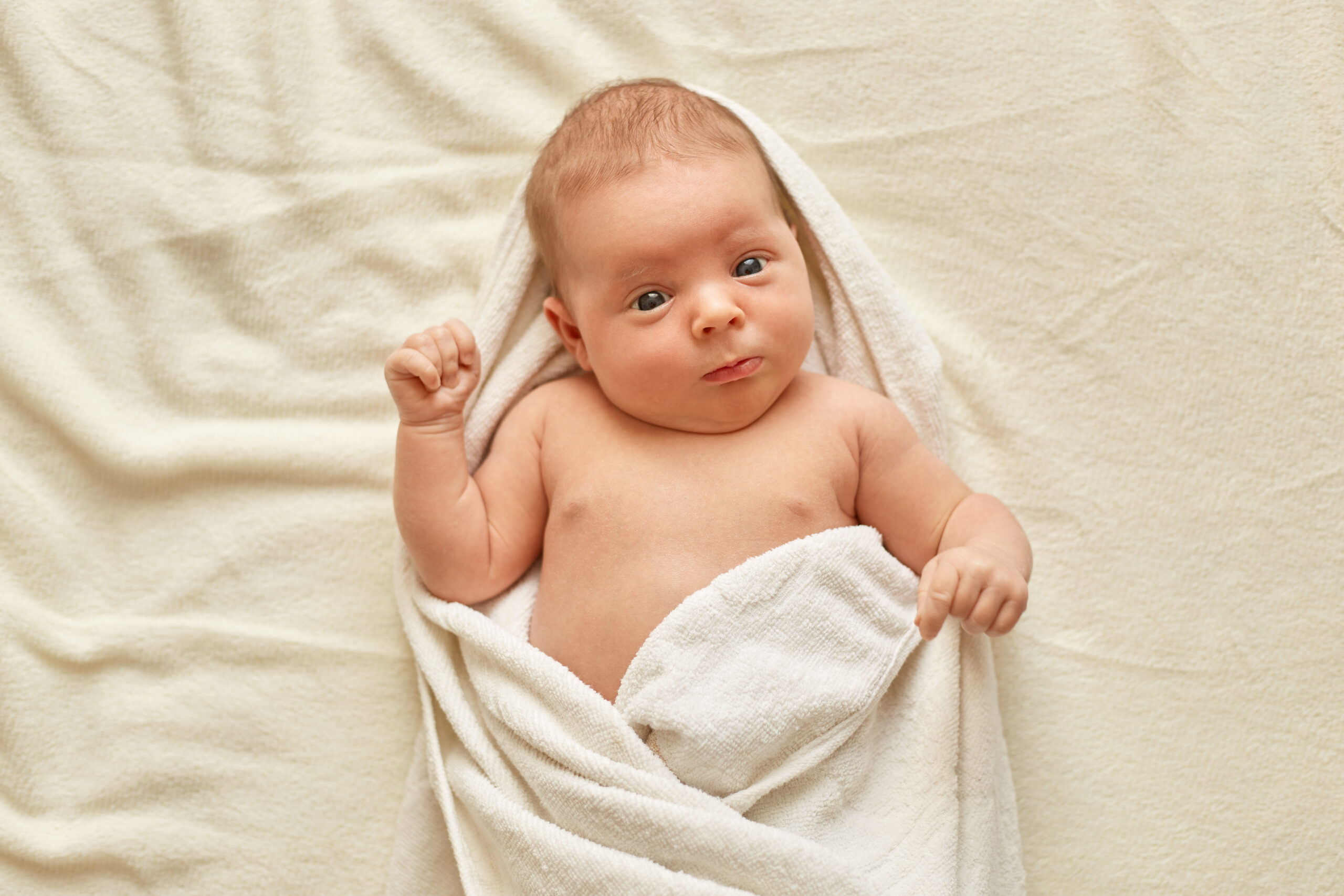When it comes to newborn care, most parents have certain basic inquiries, and these same questions are asked of doctors and medical professionals after every birth. It’s reasonable that these issues be raised, because they are both practical and vital in terms of mother and child health. Some of the most frequently asked questions are answered below.
Q. WHEN CAN A MOTHER BEGIN FEEDING HER CHILD?
Ans. For a healthy newborn, breast feeding should begin as soon as possible after birth, preferably within the first hour. For the first 2-3 days, breast milk is thick, yellowish, and in modest amounts. It is, however, high in nutrients and preventive substances that help the newborn avoid infection. As a result, it should never be discarded.
Q. WHAT SHOULD THE BREAST FEEDING FREQUENCY BE?
Ans. In a 24-hour period, the baby should be fed at least 8-10 times. In the first several weeks, babies tend to eat more frequently at night and sleep for longer periods of time during the day. Feeding can be done on demand, usually every 2-3 hours.
Q. HOW DOES A MOTHER KNOW IF HER BREAST FEEDING IS ENOUGH?
Ans. After a healthy meal, babies usually sleep for 2-3 hours. If feeding is adequate, they should have at least 6 wet diapers in 24 hours and gain 20-30 gm weight every day after the first week of life. All newborns lose some weight at first, but they usually regain their birth weight by the 10th day. Breastfed newborns have golden yellow soft stools. A newborn may pass stools several times each day or maybe once every few days.
Q. HOW LONG SHOULD I FEED MY BABY BY BREAST?
Ans. For the first six months, every healthy infant should be exclusively breastfed. Supplemental feeds are introduced after 6 months, based on your doctor’s recommendation. Babies born prematurely or with other problems may require special feeds/supplements as directed by their paediatrician.
Q. WHAT DIET SHOULD MOTHER FOLLOW IN ORDER TO INCREASE BREAST MILK SUPPLY?
Ans. A breastfeeding woman should consume 3-4 litres of water every day, in addition to other fluids such as milk and soups. She need a healthy, balanced diet with no special limitations. Mother must obtain enough rest in between feedings.
Q. ARE ALL BABIES JAUNDICED AFTER BIRTH?
Ans. In the first few days, the majority of newborns acquire jaundice or yellow colouring, and some will require treatment. If your infant seems yellow, you should see a paediatrician. Sunlight or ordinary tube lights have no role in jaundice therapy.
Q. WHAT ARE THE DANGER SIGNALS I SHOULD BE AWARE OF?
Ans. A healthy infant is active, appears pink, and has warm skin, hands, and feet. They require feeding every 2-3 hours and pee every 3-4 hours.
Danger signals include:
- Excessively tired and not feeding, or agitated for no apparent reason.
- To touch, it feels very cold or hot.
- Quick or jerky breathing.
- Unusual jerky motions.
- Long intervals of not passing urine.
Q. CAN I USE KAJAL, GHUTTI, AND SO ON? CAN I USE ANYTHING FOR UMBILICAL CORD?
Ans. Do not put anything other than what your doctor has recommended in your baby’s mouth, eyes, ears, or nose. This will help the infant avoid numerous illnesses. Nothing should be applied to the cord. It will dry and fall off within a few days.
Q. WHEN SHOULD I BEGIN BATHING MY CHILD? WHICH MASSAGE OIL SHOULD I USE?
Ans. Bathing begins when the chord has been severed. Avoid splashing water on the baby’s face. If necessary, wipe the eyes with boiling cotton swabs (one for each eye). Skin folds should be given special attention. Gentle massage may be performed with any natural oil, such as coconut oil. Both the baby and the mother should be able to enjoy the experience. Excessive oiling and powdering can both create skin issues and are not advised.
Q. WHAT SHOULD THE BABY’S ROOM TEMPERATURE BE?
Ans. Warm hands and feet should make baby feel at ease. The tip of the nose should also be warm. Weather-appropriate clothing can be worn. 25-26°C is normally pleasant with air conditioning. Keep baby’s head, hands, and feet covered throughout the cold.

